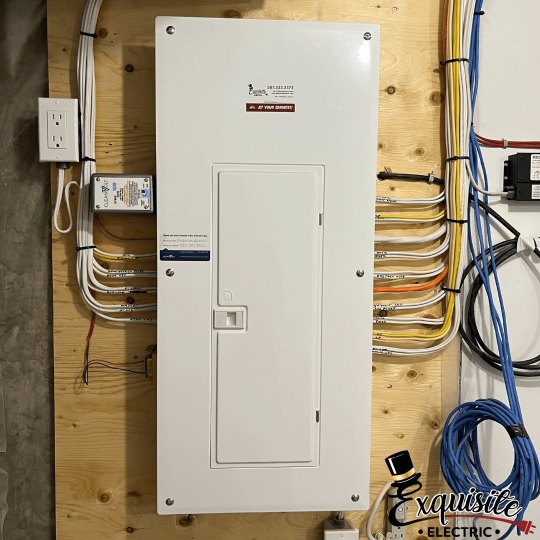Home Ev Charging Introducing The Benefits Setting up a home battery system will keep your EV charging prices down by offering you control and adaptability over when and exactly how to store and make use of electricity. The capacity to check a battery charger from another location is not only helpful for typical procedure, it can additionally be of great worth for troubleshooting mistakes when something goes wrong. Thanks to the connectivity enabled by a clever battery charger, drivers can be notified promptly of problems with charging, and can take actions to correct it from another location. Furthermore, breakthroughs in lithium battery technology have actually extended EV battery life expectancies. Batteries are additionally significantly recyclable and multiple-use, supplying a potential residual value to your battery for resale, also when it's done powering your EV. Past useful considerations, an assigned EV billing terminal additionally uses greater peace of mind when it involves safety. Running long wires from the house, around furnishings and through entrances may enhance trip threats or create damage with time. By having an irreversible plug-in point Go to the website in the driveway or garage, motorists can be confidant that their automobile is properly charged and in complete safety.
- The voltage of the cell results from the distinction between the anode and cathode capacity, the potential differs by the chemical composition.Working with an EV-certified electrical expert is required to install your home charger, especially if you acquire a Degree 2 charger.To see to it that the billing procedure begins at the best price offered, the charging station should be programmable and even linked to the power prices.Having a home billing station can assist to substantially reduce 'array anxiousness', or the anxiety of running out of fee while driving.Much less noise pollution - Electric vehicles produce practically no sound when moving or vehicle parking, and you can additionally use them for night traveling.
Electric Lorries And Smart Billing Assistance Develop A Resistant Neighborhood Grid
Absolutely no exhausts - These vehicles do not generate any type of unsafe exhausts, making them excellent for the atmosphere. Qmerit is North America's the majority of relied on installer for EV billing and various other electrification modern technologies.Charging Your Electric Car at Home: Everything You Need to Know - Road & Track
Charging Your Electric Car at Home: Everything You Need to Know.


Posted: Mon, 02 Oct 2023 07:00:00 GMT [source]